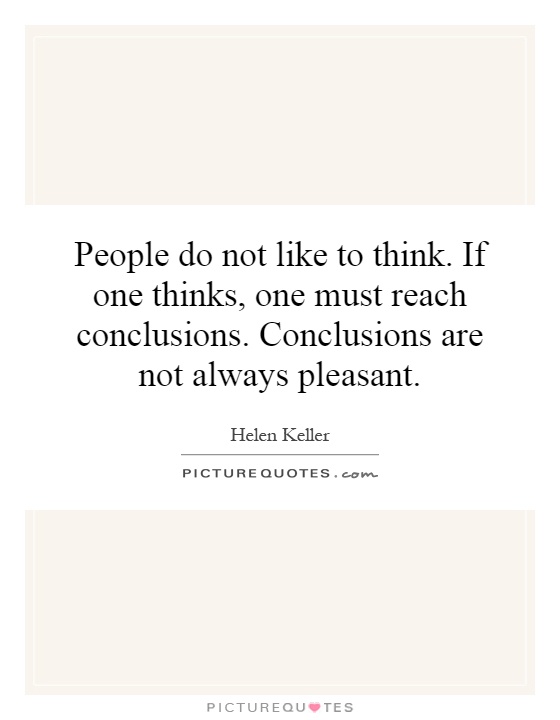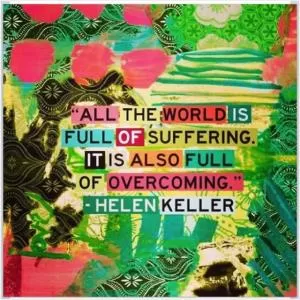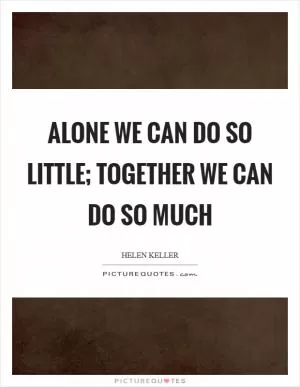People do not like to think. If one thinks, one must reach conclusions. Conclusions are not always pleasant

People do not like to think. If one thinks, one must reach conclusions. Conclusions are not always pleasant
Helen Keller, a remarkable woman who overcame incredible obstacles to become an advocate for the deaf and blind, understood the power of thinking and reaching conclusions. Born in 1880 in Tuscumbia, Alabama, Keller lost her sight and hearing at the age of 19 months due to an illness. Despite her disabilities, Keller went on to learn how to communicate through the help of her teacher, Anne Sullivan, and became the first deaf-blind person to earn a Bachelor of Arts degree.Keller's life is a testament to the importance of thinking and reaching conclusions, even when they may not be pleasant. Throughout her life, Keller faced numerous challenges and obstacles, but she never shied away from thinking critically about her circumstances and coming to conclusions about how to overcome them. She understood that thinking was essential for personal growth and development, and that reaching conclusions, even if they were difficult to accept, was necessary for progress.
Keller once said, "The highest result of education is tolerance." This quote reflects her belief in the power of thinking and reaching conclusions, even when they may challenge our beliefs or make us uncomfortable. Keller understood that thinking critically about the world around us allows us to see things from different perspectives and gain a deeper understanding of ourselves and others.












 Friendship Quotes
Friendship Quotes Love Quotes
Love Quotes Life Quotes
Life Quotes Funny Quotes
Funny Quotes Motivational Quotes
Motivational Quotes Inspirational Quotes
Inspirational Quotes